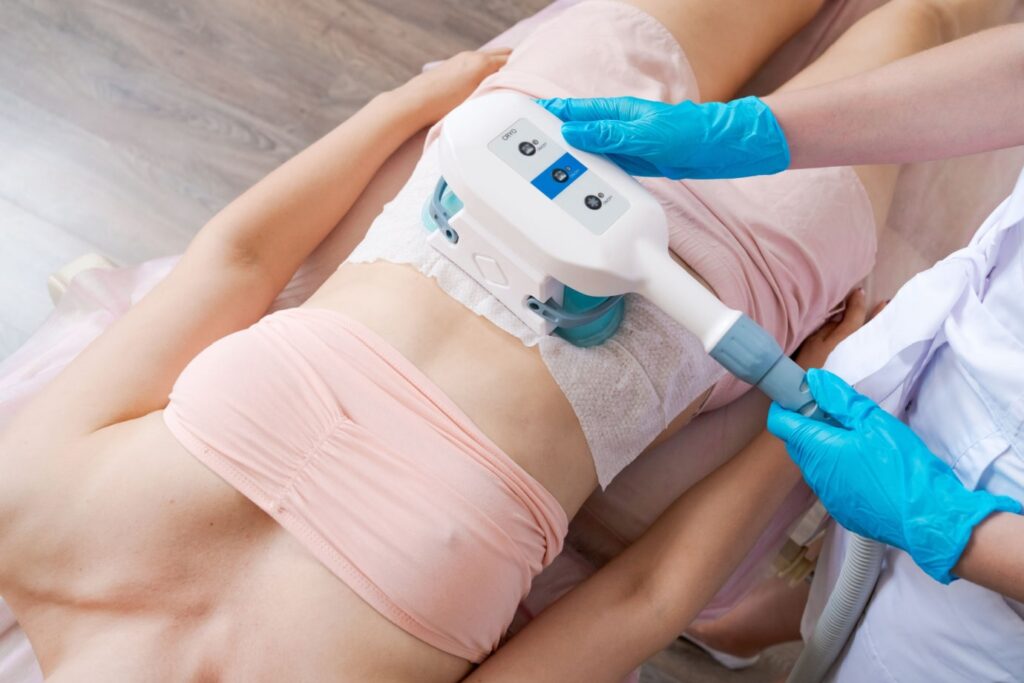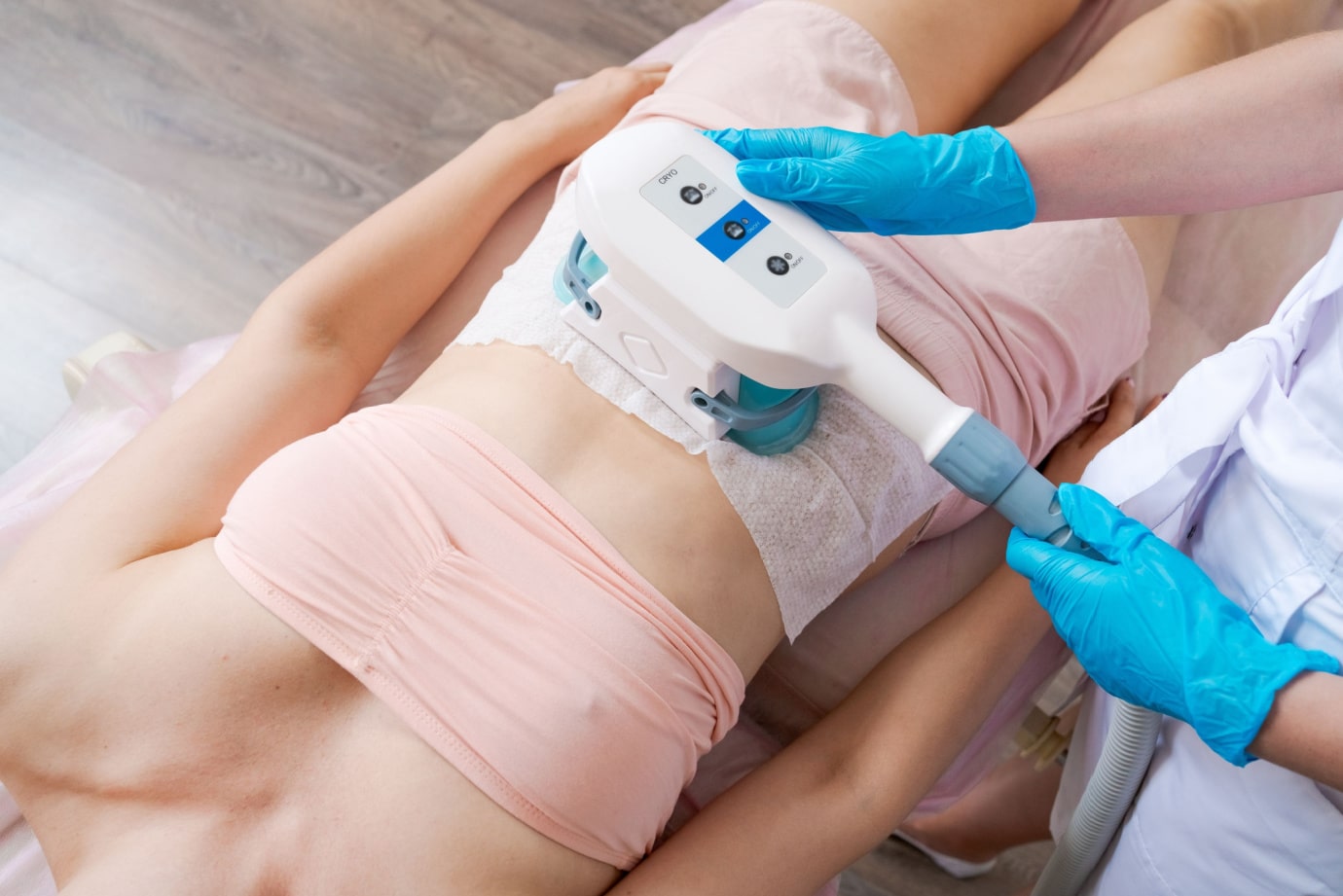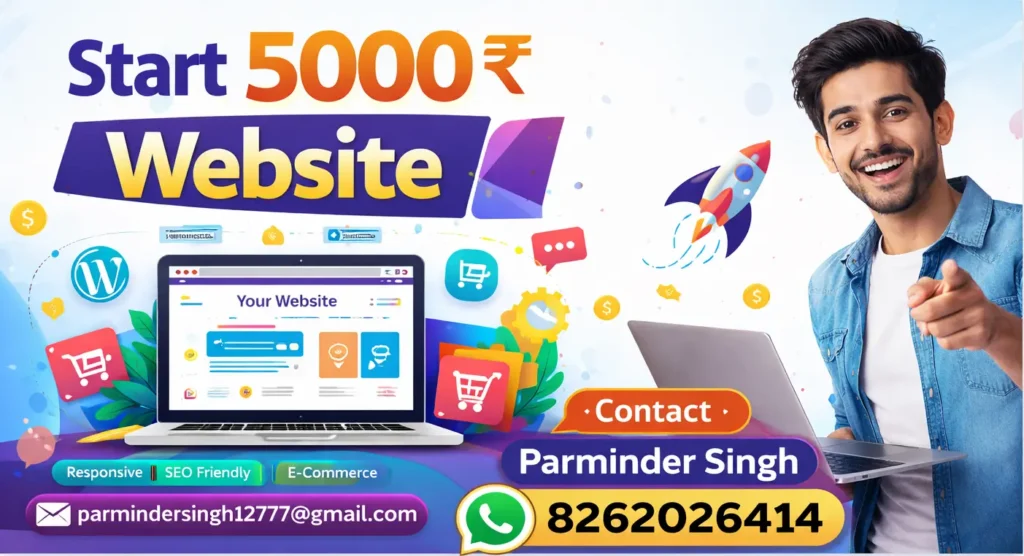When it comes to non-invasive body contouring, patients have several options to consider. CoolSculpting Fat Freezing in Riyadh has emerged as a popular choice for reducing stubborn fat without surgery, but alternatives like radiofrequency, ultrasound, and laser-based treatments also claim effective results. Understanding the differences in technology, treatment experience, and outcomes can help individuals choose the most suitable method for their goals.
How CoolSculpting Works:
CoolSculpting uses cryolipolysis to target fat cells safely and effectively. Key points include:
-
Controlled cooling freezes fat cells without damaging surrounding tissue
-
Treated fat cells undergo natural elimination through the lymphatic system
-
Non-invasive procedure requires no anesthesia or downtime
-
Typically used for areas like the abdomen, flanks, thighs, and arms
-
Results gradually appear over 2–4 months for a natural contour
Radiofrequency-Based Contouring:
Radiofrequency treatments use heat to stimulate fat reduction and skin tightening. Key points include:
-
Uses radio waves to heat fat cells and promote collagen production
-
Can improve skin elasticity along with fat reduction
-
Sessions are generally painless with minimal discomfort
-
Often requires multiple treatments for optimal results
-
May be more suitable for patients seeking both fat reduction and skin tightening
Ultrasound Body Contouring:
Ultrasound technology targets fat cells using focused sound waves. Key points include:
-
High-frequency sound waves disrupt fat cell membranes
-
Non-invasive and typically requires no downtime
-
Results may take several weeks to become noticeable
-
Can be used for localized fat deposits like the abdomen or thighs
-
Multiple sessions may be necessary to achieve desired outcomes
Laser-Based Fat Reduction:
Laser treatments use energy to heat and destroy fat cells. Key points include:
-
Non-surgical method that targets subcutaneous fat
-
Promotes skin tightening and collagen stimulation
-
Minimal discomfort during sessions
-
Multiple treatments often recommended for best results
-
May be less effective for larger areas compared to CoolSculpting
Comparing Treatment Experience:
Different technologies offer varying levels of comfort and convenience. Key points include:
-
CoolSculpting involves a cold sensation and mild tugging during the procedure
-
Radiofrequency and ultrasound are generally warm and soothing
-
Laser treatments may cause mild heat or tingling sensations
-
Most non-invasive options allow patients to return to daily activities immediately
-
Session length and frequency vary depending on the chosen technology
Results and Effectiveness:
Understanding expected outcomes is critical when selecting a treatment. Key points include:
-
CoolSculpting typically provides a 20–25% reduction in targeted fat per session
-
Radiofrequency may offer moderate fat reduction with enhanced skin tightening
-
Ultrasound is effective for small, localized fat areas but requires multiple sessions
-
Laser treatments can improve both fat reduction and skin firmness
-
Individual results vary based on metabolism, lifestyle, and treatment area
Choosing the Right Option:
Selecting the most suitable non-invasive contouring method depends on goals and preferences. Key points include:
-
Consider the target area and desired degree of fat reduction
-
Evaluate comfort levels and tolerance for sensations during treatment
-
Factor in treatment frequency, downtime, and recovery considerations
-
Consult a certified provider for personalized recommendations
-
Combine treatments with healthy lifestyle habits for optimal results
Final Thoughts:
CoolSculpting Fat Freezing in Riyadh stands out as a highly effective, non-invasive method for reducing stubborn fat without surgery or downtime. While alternatives like radiofrequency, ultrasound, and laser-based treatments have their advantages, CoolSculpting’s proven technology, predictable results, and minimal recovery make it a top choice for many patients. By understanding the differences between options and consulting with a qualified provider, individuals can select the method that aligns with their goals, lifestyle, and desired outcomes.







